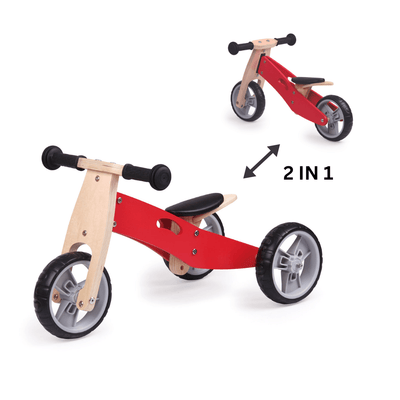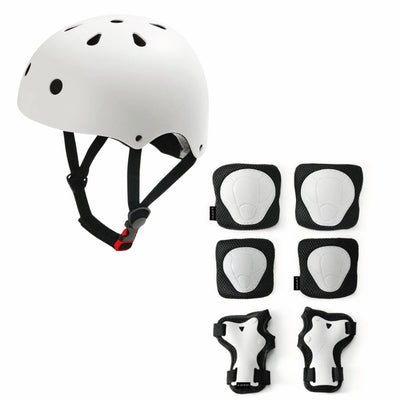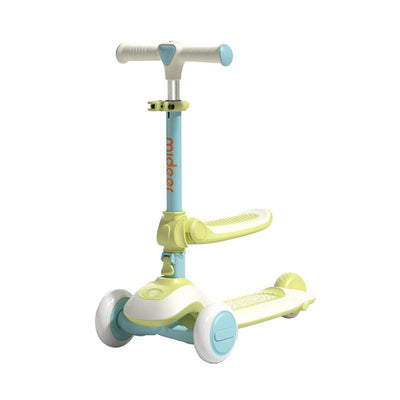Watching your baby take their first steps is a magical moment for any parent. While every baby develops at their own pace, there are several ways you can encourage and support your little one as they learn to walk. Here are ten effective strategies to help your baby on their journey to walking:
1. Tummy Time
Encouraging tummy time from an early age is essential for your baby's development. Tummy time strengthens the neck, shoulders, arms, and back, laying the foundation for crawling and, eventually, walking. Aim for several short tummy time sessions each day, gradually increasing the duration as your baby becomes more comfortable.
2. Crawling Practice
Allow plenty of time for your baby to crawl, as this helps build the muscles needed for walking. Crawling also improves coordination and balance, essential skills for walking. Create a safe space for your baby to explore and crawl around freely.
3. Encourage Cruising
Place furniture close together so your baby can move from one piece to another while holding on. This practice, known as cruising, helps your baby develop balance and strength. Encourage your baby to cruise by placing toys or other interesting objects on different pieces of furniture.
4. Use Push Toys
Sturdy push toys can be a great tool to help your baby practice walking. These toys provide support and stability, allowing your baby to take steps with confidence. Look for push toys with a wide base and a handle that your baby can easily grasp.
5. Baby Walkers
Consider using a baby walker to give your baby additional support while they practice walking. Baby walkers with a stable base and adjustable height can help your baby build strength and coordination. Always supervise your baby when using a walker to ensure safety.
6. Create a Safe Space
Ensure there is a safe, open area for your baby to explore and practice walking. Remove any sharp objects or obstacles that could cause accidents. Soft flooring, like carpet or foam mats, can provide a cushioned surface for your baby to walk on.
7. Barefoot is Best
Allow your baby to walk barefoot as much as possible to improve balance and coordination. Walking barefoot helps your baby feel the ground beneath them, which can enhance their stability and confidence. When outdoors, opt for flexible, lightweight shoes that mimic the feel of walking barefoot.
8. Provide Support
Hold your baby’s hands or use a baby walker to give them support while they practice walking. You can also try a baby walking harness, which provides support and helps your baby maintain an upright position.
9. Motivate with Toys
Place favorite toys just out of reach to encourage your baby to take steps towards them. You can also use interactive toys that light up or make sounds to capture your baby’s attention and motivate them to move.
10. Baby Balance Bikes
Introduce a baby balance bike as a fun and effective way to improve your baby's balance and coordination. These bikes, designed without pedals, allow your baby to propel themselves forward using their feet. Balance bikes can help build the skills needed for walking and eventually riding a traditional bike.
11. Be Patient and Positive
Offer lots of praise and encouragement to build your baby’s confidence. Celebrate each step, no matter how small, and provide reassurance when your baby is hesitant or falls. Positive reinforcement can go a long way in helping your baby feel secure and motivated to keep trying.
12. Imitate Walking
Show your baby how to walk by walking around with them or demonstrating with toys. Babies often learn by imitation, so seeing you walk or watching a favorite toy "walk" can inspire them to take steps themselves.
Encouraging your baby to start walking is a rewarding experience that requires patience and support. By incorporating these strategies into your daily routine, you can help your baby develop the skills and confidence needed to take their first steps. Remember, every baby is unique, so celebrate their progress and enjoy this exciting milestone together.











